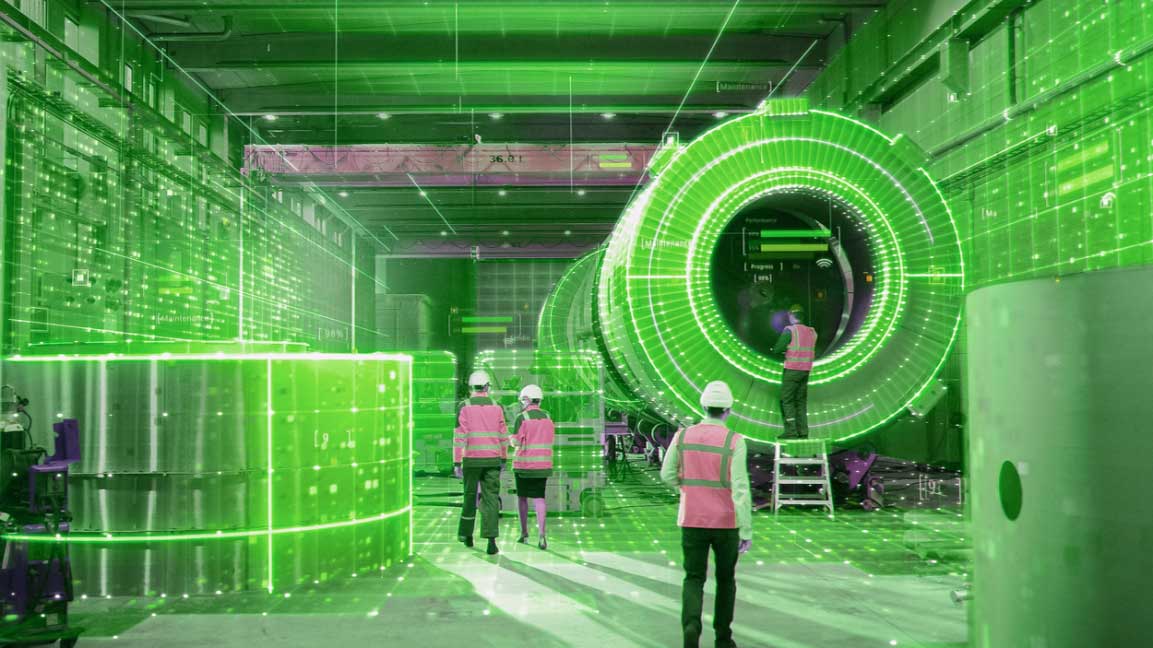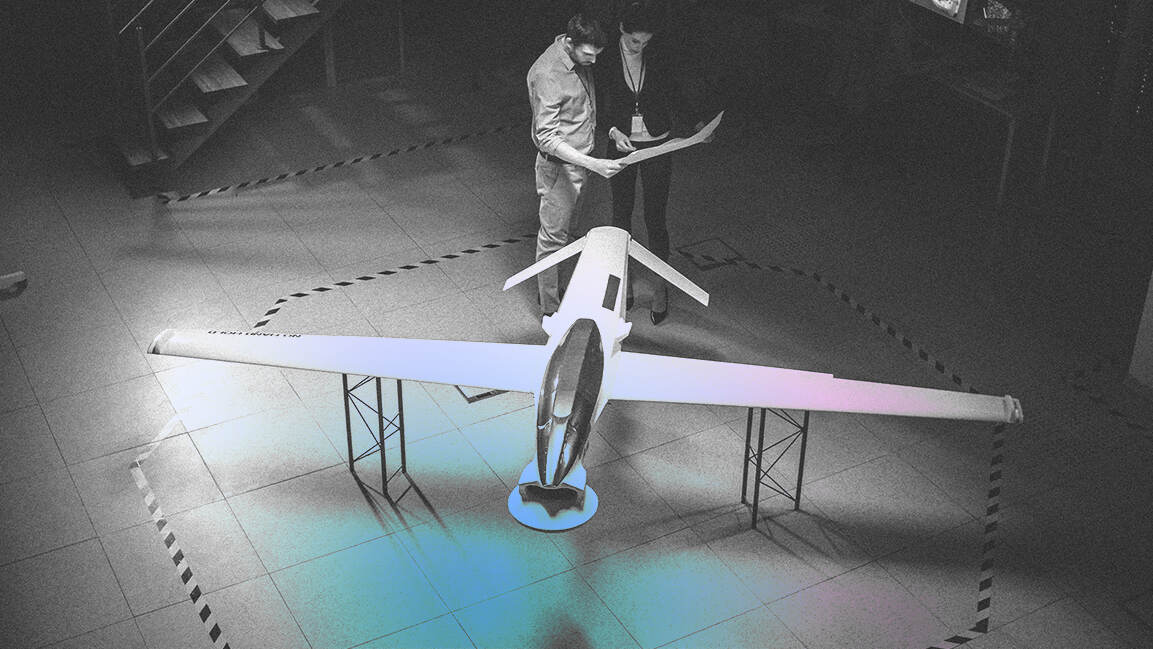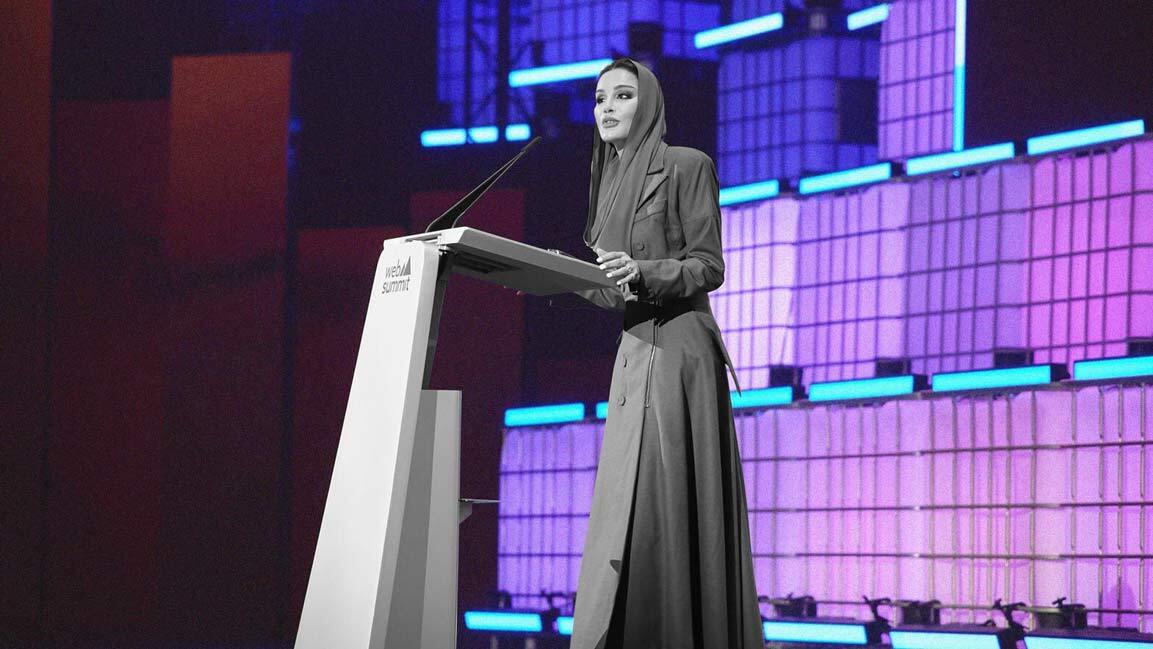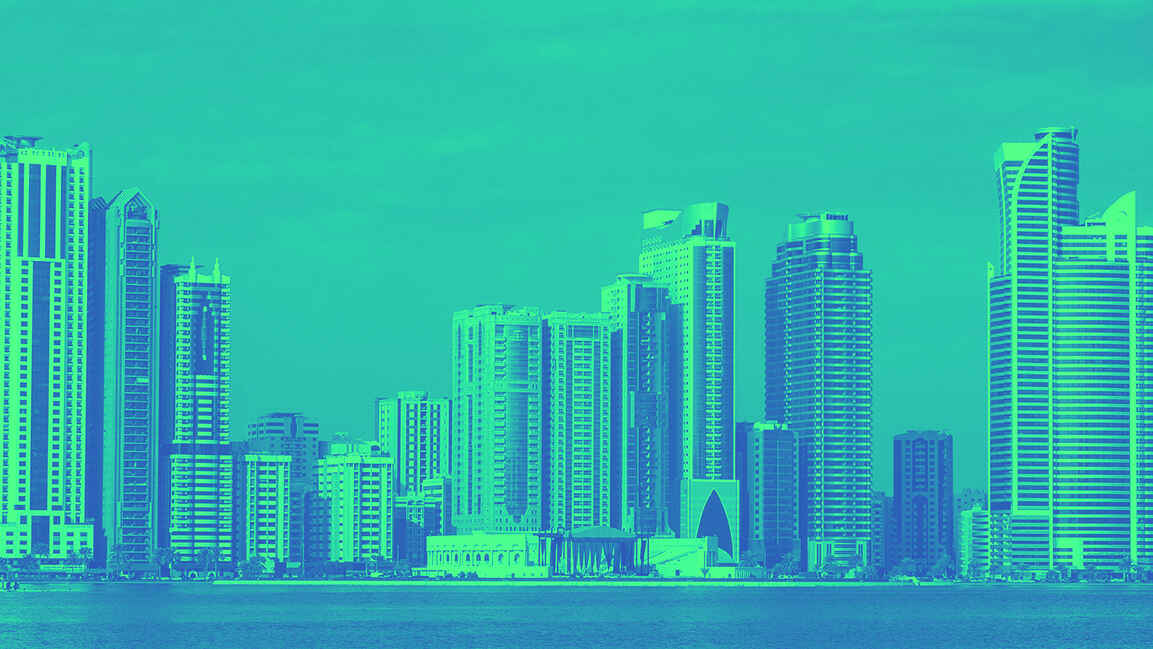- | 12:00 pm
Major oil and heavy industry discuss emission curbs ahead of COP28
The production of oil and gas, cement, steel, and aluminum is responsible for about 25% of all global carbon emissions.

As the UAE gears up for COP28, the country continues to discuss important issues on net zero goals and accelerate action to limit global warming, with reports showing countries are off track to meet promises to limit the rise in global temperatures to 1.5 degrees Celsius.
COP28 is a crucial opportunity for new climate change solutions and initiatives. As the first-ever global stocktake, a five-year review of global progress towards the Paris Climate Agreement, the event will assess climate action and support and identify areas for improvement.
Ahead of the momentous event, Dr. Sultan bin Ahmed Al Jaber, Minister of Industry and Advanced Technology and COP28 President-Designate convened a special meeting of industry leaders from the oil and gas, cement, steel, aluminum, and heavy transportation sectors on Sunday to discuss how to accelerate global decarbonization efforts.
The special meeting titled the COP28 Changemakers’ Majlis: Fast-Tracking the Energy Transition, brought together the most prominent industries, energy producers, technology companies, and financial and investment institutions for the first time to collaborate on accelerating energy transition on the supply and demand sides of energy.
The meeting was attended by US Climate Envoy John Kerry and tackled issues such as commercializing hydrogen, scaling up carbon capture technologies, methane elimination, and increasing renewable energy, a statement by COP28 said.
“The energy transition is underway, but it will be faster if we all work together,” Dr. Al Jaber told the participants at the Majlis. “Cross-sector collaboration is essential.”
Dr. Al Jaber talked about how oil and gas, cement, steel, and aluminum are responsible for about 25% of all global carbon emissions.
These sectors “can collaborate to accelerate decarbonization by working on infrastructure, technology, policy, and finance together,” he said. “The world is watching and waiting for real, actionable progress across all sectors ─ and the energy and hard-to-abate industries have a critical role to play.”
Responding to the Global Stocktake, Dr. Al Jaber stated, “We know that we are not on track; we need to deliver a 43% emission reduction by 2030. I believe we can only keep 1.5 within reach if we are willing to collaborate.”
Dr. Al Jaber said technology and finance are the keys to getting us from where we are to where we need to be.
“We can find ways of commercializing hydrogen, increasing the efficiency of the electrical grid, speeding the elimination of methane, and increasing the availability of biofuels,” he continued.
The President-Designate called on the energy industry to step up its role in the energy transition.
“For years, the energy industry has been without a seat at the climate change table,” he told delegates. “But you can’t just ask for it. You need to earn it. And candidly, I don’t think the industry has yet done enough to earn that seat.”
The Majlis took place a day before the 2023 Abu Dhabi International Petroleum Exhibition Conference (ADIPEC 2023), which begins today and runs until October 5. It’s gathering of the global energy industry to advance decarbonizing today’s energy system and collaborate on tomorrow’s energy system.
With a rich exhibition program covering energy-related technology, innovation, collaboration, and digitalization, ADIPEC 2023 is expected to attract more than 160,000 attendees from 164 countries.































